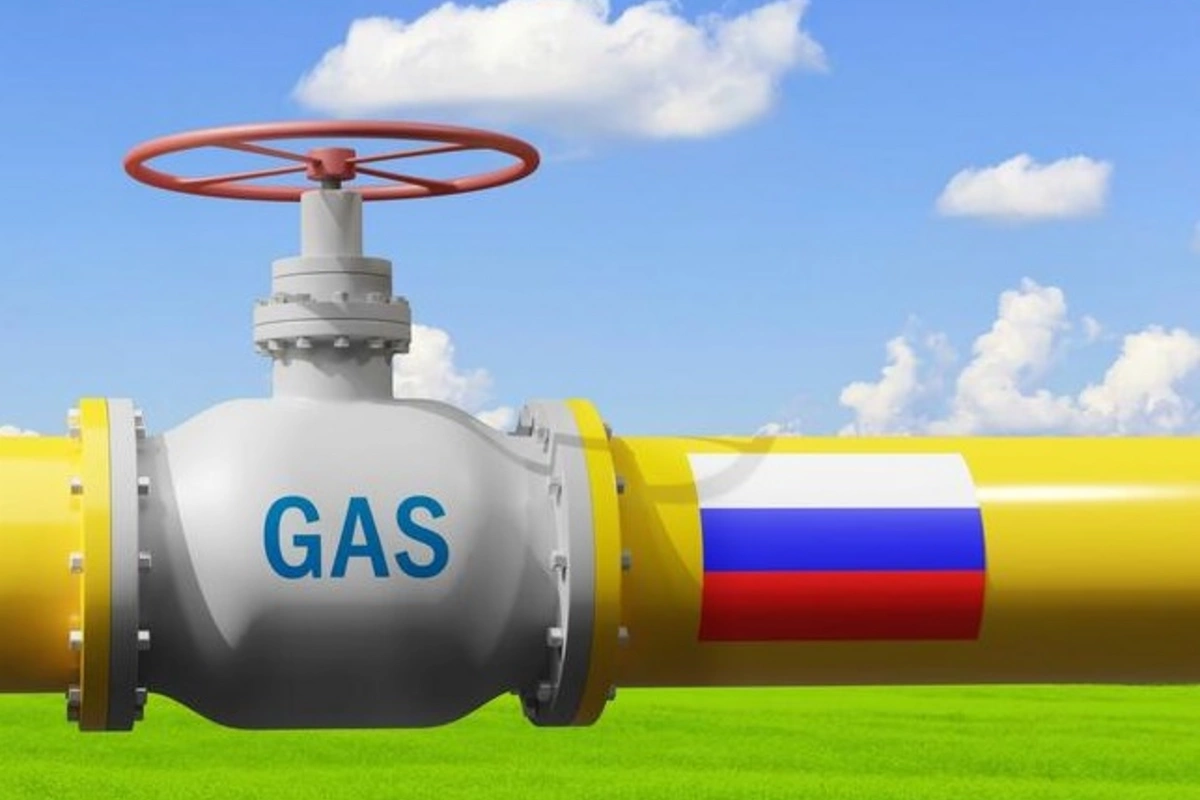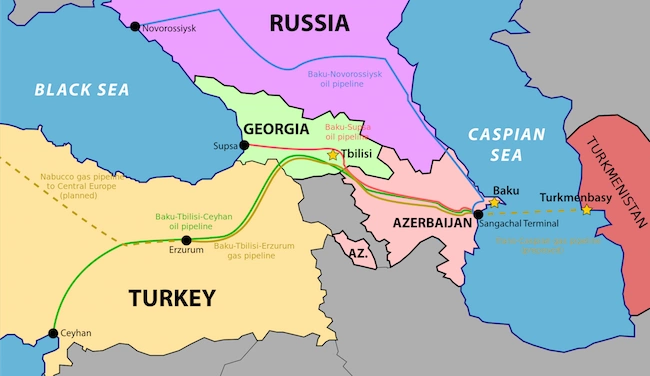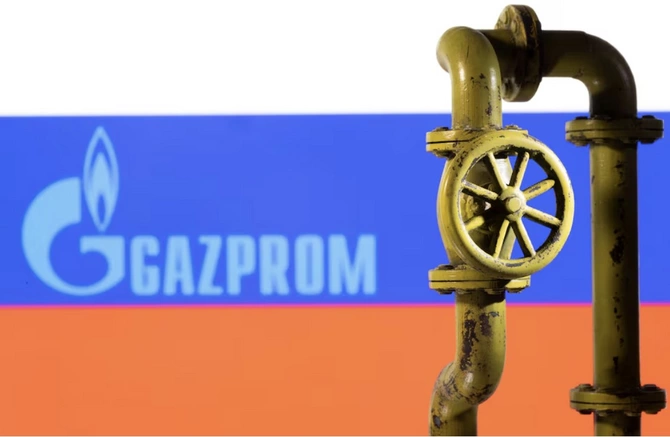
By Asif Aydinly
Since the beginning of 2025, Georgia’s gas import structure has undergone noticeable changes.
According to the National Statistics Office, in the first quarter of this year, the value of Russian gas imports exceeded that of Azerbaijani gas for the first time in 18 years. Specifically, Georgia spent $100.6 million on Russian gas, compared to $82.4 million on Azerbaijani gas.
This trend of increasing Russian gas imports is not new. In 2024, Georgia's imports of Azerbaijani gas were halved compared to 2023. At the same time, Russian gas imports reached their highest level in the past two decades. Previously, Russian gas had been used only in limited volumes-according to Georgian authorities, solely to compensate for seasonal shortages during the winter.
The Ministry of Economy of Georgia explains the increase by pointing to rising domestic demand. Meanwhile, imports from Azerbaijan are constrained by both technical and legal limitations. The ministry emphasizes that Russian gas is still being purchased in the “minimum necessary volume” and is used only to balance the gas system during peak consumption periods.
Russian gas reaches Georgia through the North-South gas pipeline, which passes through Armenia. Until 2015, Georgia charged a transit fee amounting to 10% of the total volume, but later switched to monetary compensation.

Baku pipelines: Supsa and Ceyhan. [Wikimedia]
Experts note that Russia’s strengthening position in the Georgian gas market is driven by several factors-pricing policy, logistics, and above all, political considerations. While a detailed analysis is still lacking, some analysts suggest that Tbilisi is deliberately restoring energy cooperation with Moscow. It should be recalled that since 2007, following the transition to Azerbaijani gas, energy ties with Russia had sharply declined.
The exact volumes of imported gas, however, have not been disclosed. Analysts stress that the higher payment for Russian gas does not necessarily mean that its physical volume exceeds that of Azerbaijani gas. Georgia receives gas from SOCAR at preferential rates, particularly under a 2020 agreement for the supply of 200 million cubic meters of so-called “social gas.” This deal has helped maintain stable domestic gas prices.
Thus, even if Russian gas has surpassed Azerbaijani gas in terms of cost, Azerbaijan likely still leads in volume. Tbilisi underscores that gas from Gazprom is used solely in the commercial sector, while household consumption continues to be covered by imports from Azerbaijan.

Reuters
It is worth recalling that in 2017, the Georgian authorities announced plans to completely abandon Russian gas in favor of Azerbaijani supplies. At the time, Russia’s share of total imports did not exceed 4%.
Azerbaijan began supplying gas to Georgia in 2007, following a political agreement reached in 2006 during a trilateral meeting between the leaders of Georgia, Türkiye, and Azerbaijan in Ceyhan, coinciding with the launch of the Baku-Tbilisi-Ceyhan oil pipeline.
Azerbaijan has taken Georgia’s import of Russian gas in stride. While Russian media have portrayed the situation as Azerbaijan being "pushed out" of the market, Baku remains confident that it will continue to serve as Georgia’s main and most reliable energy partner. Long-term contracts remain in place between the two sides, and experts believe that Tbilisi has no intention of walking away from them.
It is important to emphasize that Russian gas has surpassed Azerbaijani gas only in terms of monetary value, not volume. This is due to Azerbaijan offering preferential rates, especially under the “social gas” program that helps stabilize prices for consumers. In addition, Azerbaijani supplies are marked by predictability, transparency, and close coordination between the two governments. This makes Azerbaijani gas not only more affordable but also more strategically advantageous. Despite temporary fluctuations in purchase volumes, Baku continues to be Georgia’s key and dependable energy partner. Given the strong political and economic ties between the two countries, their long-term contracts, and the growing importance of regional cooperation, a major shift in Georgia’s gas policy in favor of Russia appears unlikely in the foreseeable future.
Share on social media